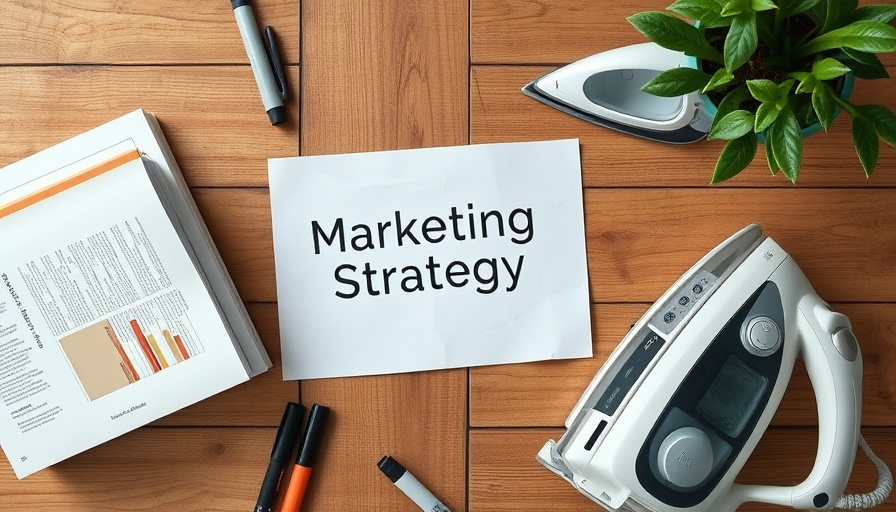
Mark Jaronski: A New Era for Georgia's Tourism Marketing
Mark Jaronski has officially taken the reins as CEO of Paradise Advertising and Marketing, marking a significant milestone in the trajectory of Georgia's tourism sector. With a robust background as Georgia's deputy commissioner of tourism and chief marketing officer, Jaronski brings a wealth of experience and an array of strategies aimed at revamping Georgia's appeal as a prime travel destination.
Transitioning from Public to Private Sector
Jaronski’s transition from a public service role to the private sector highlights an increasing trend where industry veterans are stepping into leadership positions within advertising firms. His deep understanding of tourism marketing, coupled with his insights into consumer behavior shaped during his time in the public sector, positions him well to leverage innovative advertising tactics to elevate Georgia’s tourism profile.
Strategic Goals and Vision
Jaronski is set to lead Paradise into an evolving landscape where digital marketing, social media engagement, and experiential travel are becoming essential components of destination marketing. With a focus on enhancing visitor experiences and addressing the demand for sustainable tourism practices, he aims to craft marketing strategies that resonate with both domestic and international travelers.
Why Georgia Tourism is Thriving
Georgia has a unique blend of cultural, historical, and natural attractions that appeal to a broad audience. From the bustling streets of Atlanta to the quaint charm of Savannah, Jaronski is expected to build cohesive campaigns that tell a compelling story of Georgia’s offerings. Additionally, with the rise of remote working, potential travelers are seeking destinations that cater to both leisure and work. This trend will be crucial as he outlines new marketing strategies to attract those travelers.
Impact on Small Businesses
As Jaronski embarks on this new journey, small businesses in the tourism sector should take note of potential opportunities that arise from his initiatives. Engaging with local enterprises, promoting unique offerings, and enhancing cooperation between businesses could lead to a windfall for local economies. Businesses that actively align with Jaronski’s vision will likely find new marketing avenues and growth potential.
Looking Ahead: Challenges and Opportunities
While the future is brimming with possibilities, Jaronski will face formidable challenges, such as adapting to the ever-changing landscape of travel preferences post-pandemic. His prior success in public roles will inform his approach to navigate these hurdles and align marketing strategies accordingly. It will also be essential for him to engage in community dialogues to better understand and respond to shifting traveler expectations.
Conclusion
Mark Jaronski's appointment as CEO is an exciting development for Georgia tourism and its interconnected small business landscape. His leadership promises to infuse fresh ideas while fostering growth in a sector ripe for revitalization. Local business owners are encouraged to consider how they can collaborate with new marketing strategies that highlight the rich narrative of Georgia’s tourism.
 Add Row
Add Row  Add
Add 




Write A Comment